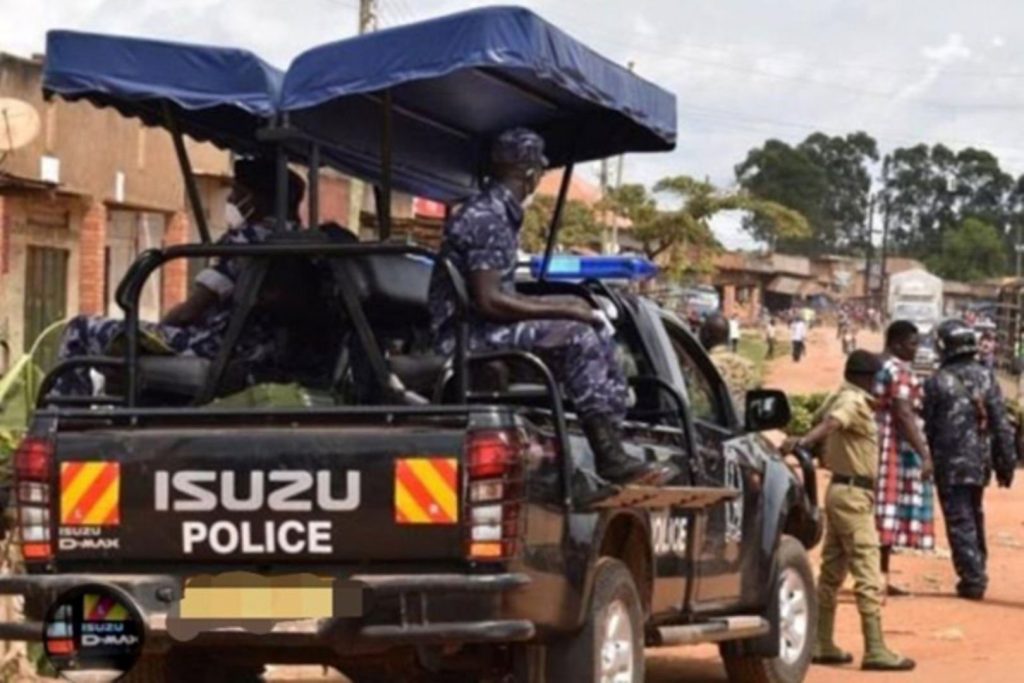The Uganda Police Force is set to reclaim all patrol vehicles currently deployed to government ministries and agencies in a bid to address a critical shortage of operational mobility.
The announcement was made by Deputy Inspector General of Police, James Ochaya, during a session with Parliament’s Public Accounts Committee (PAC), where he outlined the force’s reform strategy aimed at improving resource allocation and law enforcement delivery across the country.
“We are preparing a cabinet memo that will define the categories of individuals entitled to police guards and patrols,” Ochaya told the committee.
The move follows mounting concerns from MPs over the misuse of security resources by non-core users, which they argue has undermined the police’s ability to perform essential community policing functions.
The PAC meeting also included Undersecretary Aggrey Wunyi, who appeared alongside police leadership to respond to queries raised in the Auditor General’s report for the 2023/2024 financial year.
A key issue highlighted in the report was the shortage of motorcycles required under the sub-county policing model, which is crucial for community-level policing and law enforcement outreach.
The force reportedly requires 4,368 motorcycles to meet operational needs, but only 952 were functional at the time of the audit, leaving a deficit of 3,416. Wunyi noted that while the situation has since improved, a shortfall of 970 motorcycles still persists.
Lawmakers also questioned the force’s decision to lease out police helicopters to civilians—a practice they argued could compromise operational readiness. Police officials defended the policy, stating that it contributes to non-tax revenue generation for the government.
However, MPs voiced disappointment with the performance of the Police Helicopter Piaggio P180, which they said had failed to deliver on its objectives.
The planned vehicle reallocation and the upcoming policy on eligibility for police escorts signal a major shift in how the Uganda Police Force intends to manage its strained resources amid growing public demand for efficient and responsive policing.
